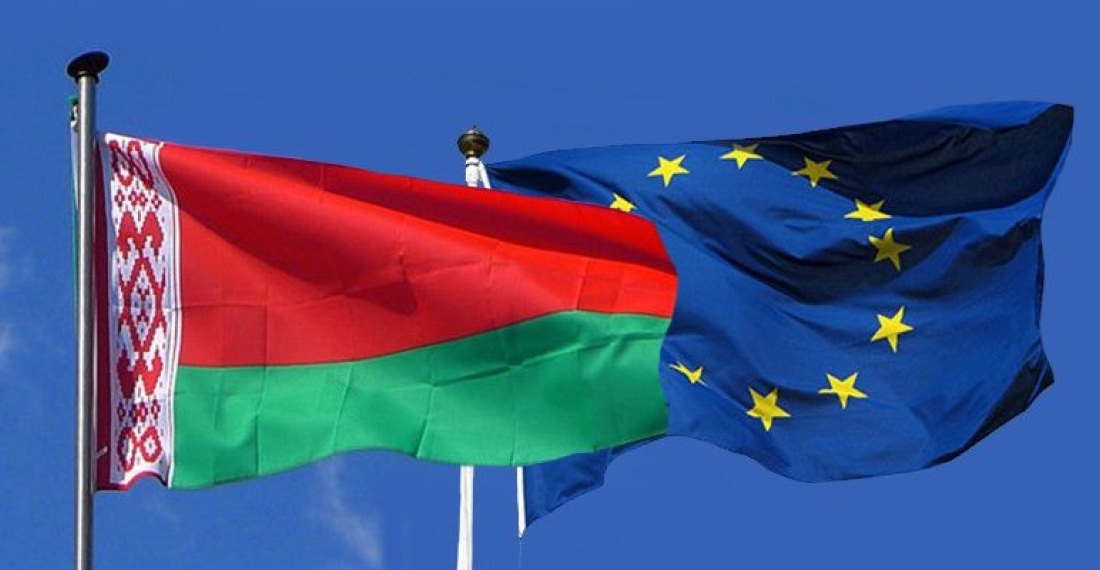The Council of the European Union decided on Monday (5 August) to impose restrictive measures against a further 28 individuals for their role in the ongoing internal repression and human rights violations in Belarus. These sanctions are adopted ahead of the fourth anniversary of the fraudulent presidential elections in August 2020.
Restrictive measures have been imposed on two deputy heads of the Main Department for Combating Organised Crime and Corruption of the Ministry of Internal Affairs. "HUBAZiK is one of the main bodies responsible for political persecution in Belarus, including arbitrary and unlawful arrests and ill-treatment, including torture, of activists and members of civil society," said a press release from the Council of the European Union.
The list also includes several members of the judiciary, namely prosecutors and a number of judges who have handed down politically motivated sentences, including against citizens who protested against the fraudulent presidential elections of 2020 or who spoke out against the Lukashenka regime. Restrictive measures have also been imposed on the heads of various penitentiary institutions.
Among those sanctioned are Iryna Akulovich, director-general of the Belarusian Telegraph Agency, the largest state news agency; Mikita Rachylouski, host of the STV television programme "Senate" and chairman of the Youth Council of the Belarusian National Assembly; and Dzmitry Zhuk, former head of Lukashenka's press service and long-time director-general of BelTA.
"These regime propagandists willingly provided the Belarusian public with false information about repression by the state authorities, spread disinformation produced by both the Belarusian and Russian authorities, and promoted hatred towards the democratic opposition and civil society," the press release said.
In total, 261 individuals and 37 entities are now subject to EU restrictive measures against Belarus: their assets are frozen and EU citizens and companies are prohibited from providing them with funds. Individuals are also subject to a travel ban preventing them from entering or transiting through EU territory.
Source: commonspace.eu with agencies







